Vietnam has just announced 15 national standards (TCVN) on Vietnam's energy storage battery systems.
15 TCVNs are built on the basis of referencing international standards, public consultation, appraisal and approval according to the Law on Technical Standards and Regulations and Circular No. 11/2021/TT-BKHCN of the Ministry of Science and Technology .
The development of technical standards requires the continuous cooperation of many stakeholders, from policy-making agencies to the business community and technical experts. The published standards are a clear demonstration of sustainable, effective and in-depth cooperation between the parties.
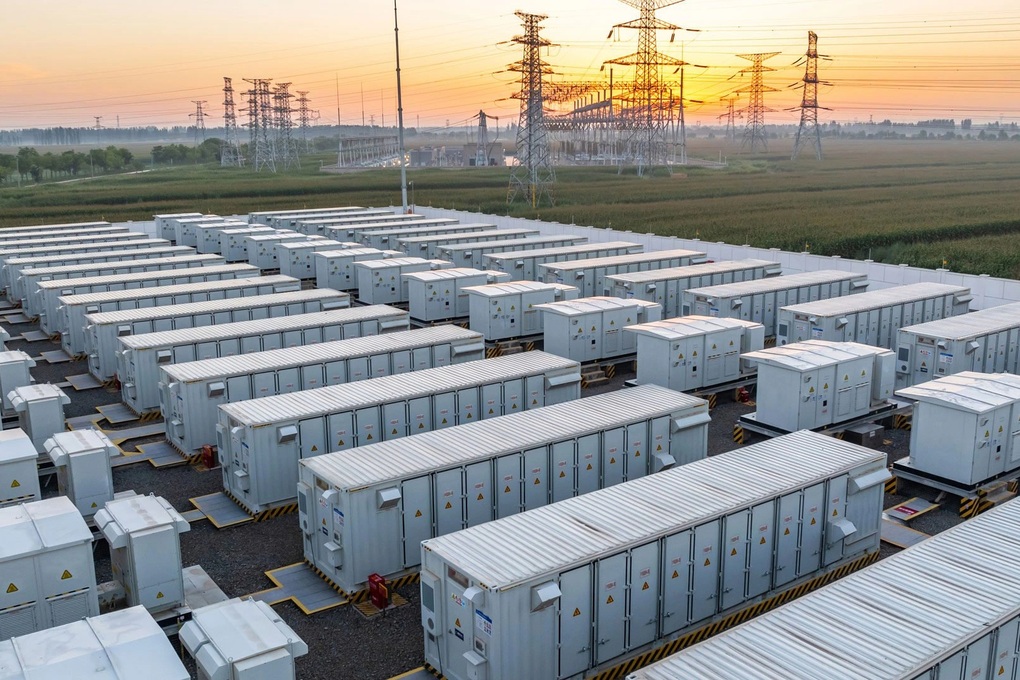
Vietnam has just announced 15 national standards (TCVN) on Vietnam's energy storage battery systems (Photo: Getty).
TCVNs are divided into 4 main groups including: vocabulary - technical parameters and test methods; planning and evaluation of system features; environmental issues; safety for grid-integrated energy storage systems.
Among these, vocabulary and specification standards help to unify understanding and testing procedures for various types of energy storage systems such as mechanical, electrochemical, electrical, chemical and thermal.
The Performance Planning and Evaluation Standards Group provides detailed guidance for the design, testing and operation of systems, ensuring performance and safety throughout their life cycle.
In addition, the environmental standards group focuses on addressing the two-way impacts between the system and the environment, including the handling of discarded batteries, reused batteries, and health risks.
In particular, safety standards specify risk assessment procedures, precautions and safety testing for battery storage systems, especially lithium-ion batteries.
Vietnam has committed to bringing net emissions to zero by 2050.
Notably, on August 20, General Secretary To Lam, on behalf of the Politburo, signed and issued Resolution No. 70-NQ/TW (Resolution 70) on ensuring national energy security until 2030, with a vision to 2045.
Resolution 70 has a big goal that by 2030 the proportion of renewable energy in the total primary energy supply will be about 25-30%.
According to analysis by many experts, a renewable energy proportion greater than 15% will pose a number of problems related to supply and demand and require an energy storage battery system.
This system plays a fundamental role in handling the intermittency of renewable energy, enhancing system flexibility and improving the reliability and resilience of the grid, contributing to the development of a smart power transmission system and ensuring national energy security.
From there, the development of national standards and regulations is of key importance in reducing technical and financial risks, creating a clear legal corridor for mobilizing domestic and international investment for energy conversion projects in Vietnam.
Source: https://dantri.com.vn/khoa-hoc/cong-bo-15-tcvn-ve-he-thong-pin-luu-tru-nang-luong-tai-viet-nam-20251101110040382.htm



![[Photo] Lam Dong: Images of damage after a suspected lake burst in Tuy Phong](https://vphoto.vietnam.vn/thumb/1200x675/vietnam/resource/IMAGE/2025/11/02/1762078736805_8e7f5424f473782d2162-5118-jpg.webp)
![[Photo] President Luong Cuong receives US Secretary of War Pete Hegseth](https://vphoto.vietnam.vn/thumb/1200x675/vietnam/resource/IMAGE/2025/11/02/1762089839868_ndo_br_1-jpg.webp)





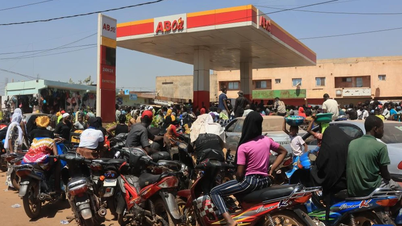


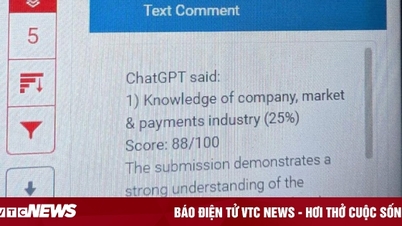

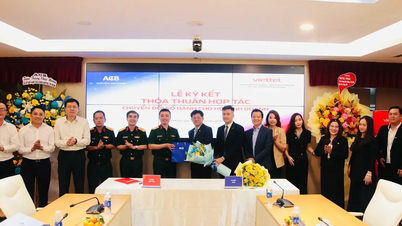



























































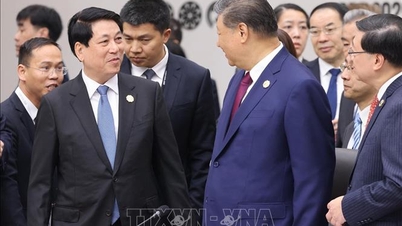

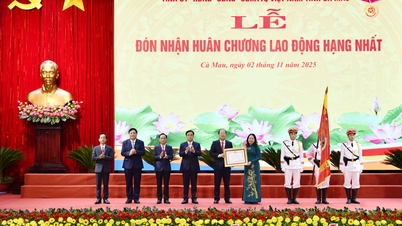


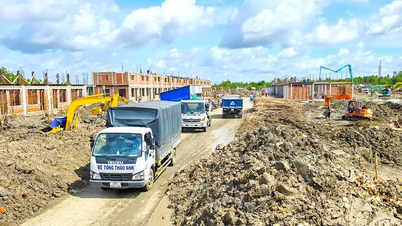


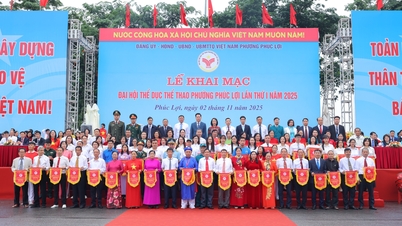


















Comment (0)